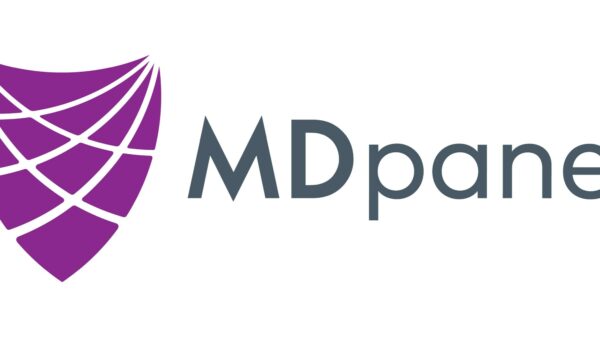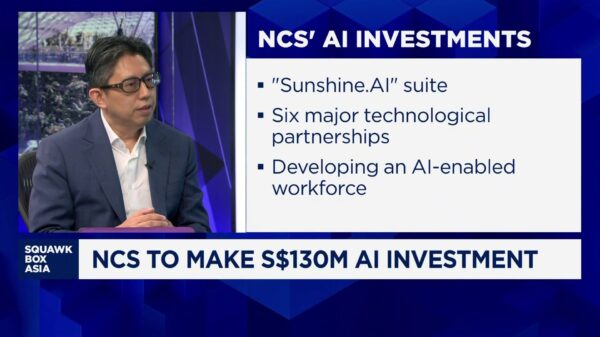Several notable developments in the cryptocurrency sector emerged on Monday, including PayPal’s introduction of a new payment service utilizing its PYUSD stablecoin for merchants, and the U.S. Securities and Exchange Commission (SEC) delaying decisions on two significant exchange-traded fund (ETF) proposals. The integration of stablecoins and partnerships for tokenization underscore the ongoing convergence of traditional finance and blockchain technology.
PayPal Enhances Crypto Payments with PYUSD
PayPal has launched a service enabling small businesses to accept payments in cryptocurrencies through its new program, “Pay with Crypto.” This initiative allows users to convert over 100 supported cryptocurrencies into PayPal’s stablecoin, PYUSD. Developed by Paxos, the stablecoin is central to this payment solution aimed at easing the challenges faced by businesses in processing international payments.
Merchants utilizing this service will benefit from instant settlements in PYUSD and significantly lower fees than those charged by traditional international credit card processors. For the first year, PayPal will implement a transaction fee of 0.99%, escalating to 1.5% thereafter. According to CEO Alex Chriss, this feature is designed to alleviate the high transaction costs associated with international payments, potentially reducing fees by up to 90%.
The “Pay with Crypto” service, initially available in the United States, will support major cryptocurrency wallets, including Coinbase, Binance, Kraken, OKX, Phantom, MetaMask, and Exodus. Even niche assets like TRUMP and FARTCOIN will be accepted, contingent on liquidity across exchanges. As of now, PYUSD stands as the 12th-largest stablecoin, boasting a market capitalization of approximately $900 million. Importantly, PayPal has specified that PYUSD is not insured by the FDIC or SIPC.
SEC Delays Rulings on Truth Social Bitcoin ETF and Grayscale Solana Trust
The SEC has postponed its decision regarding the proposed Truth Social Bitcoin ETF, extending the review period until September 18, 2025. This proposed fund, registered by Trump Media & Technology Group, aims to involve the Trump family more deeply in the crypto industry if approved. The SEC cited the necessity for additional examination of the proposal and related issues, a standard procedure given the increasing number of crypto-related ETF filings. The Truth Social ETF application was initially submitted in June 2025, adding to a wave of ETF applications following the approval of 12 spot Bitcoin ETFs earlier this year.
In addition to the Truth Social ETF, the SEC has also delayed its decision on the Grayscale Solana Trust, now expected by October 10, 2025. Several firms, including VanEck, 21Shares, and Bitwise, have submitted similar proposals for Solana ETFs. The Trump administration has shown a favorable stance toward crypto policies, including the appointment of Paul Atkins as SEC Chair and advocating for the U.S. as a hub for crypto innovation.
Avalanche Expands Tokenization Efforts with $250 Million Partnership
Avalanche has made significant strides in the tokenization of real-world assets (RWAs) by securing a $250 million partnership with Grove and Janus Henderson Anemoy. This collaboration will introduce two tokenized investment funds onto the Avalanche network: the Anemoy AAA CLO Fund (JAAA) and the Anemoy Treasury Fund (JTRSY). The JAAA fund aims to provide exposure to collateralized loan obligations, while JTRSY focuses on short-term U.S. Treasury bills.
Both funds will be issued on Centrifuge, a prominent platform for RWA tokenization. Currently, the JTRSY fund manages over $408 million in assets, primarily on Ethereum, and will now expand its operations into the Avalanche ecosystem. This new partnership is expected to more than double Avalanche’s RWA value, previously recorded at $195 million. While Ethereum still dominates the RWA market with a 59% share, Avalanche’s recent developments position it as a promising platform for future tokenization initiatives.
The adoption of stablecoins is anticipated to increase, especially in light of recent legislative changes such as the GENIUS Act, which could prove beneficial for institutional investors leveraging stablecoins as on-ramps. As the landscape of cryptocurrency continues to evolve, these developments reflect a growing integration between mainstream finance and blockchain technologies.




























































